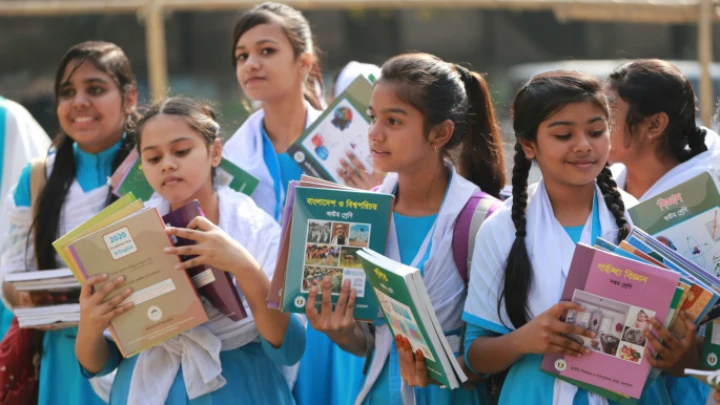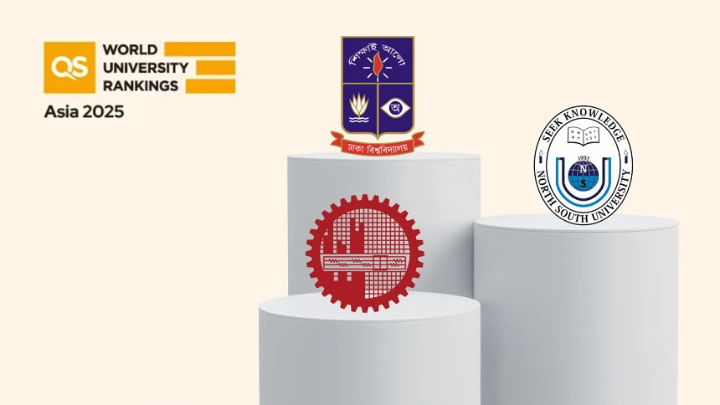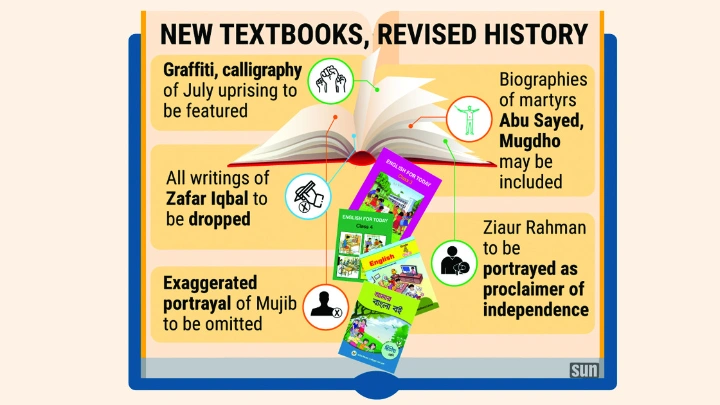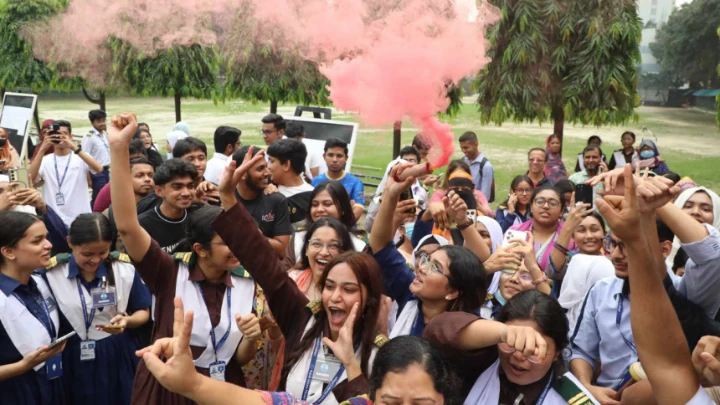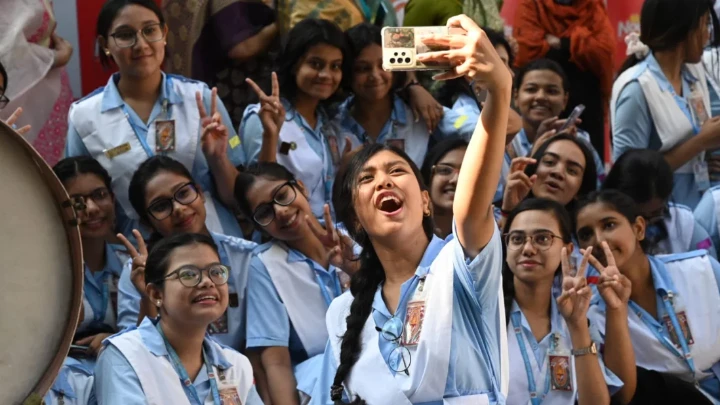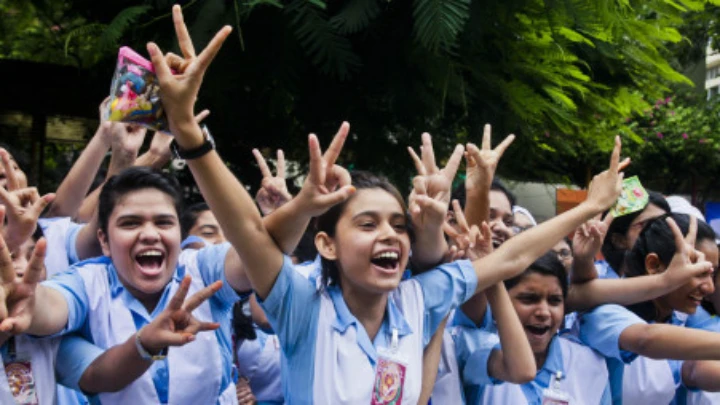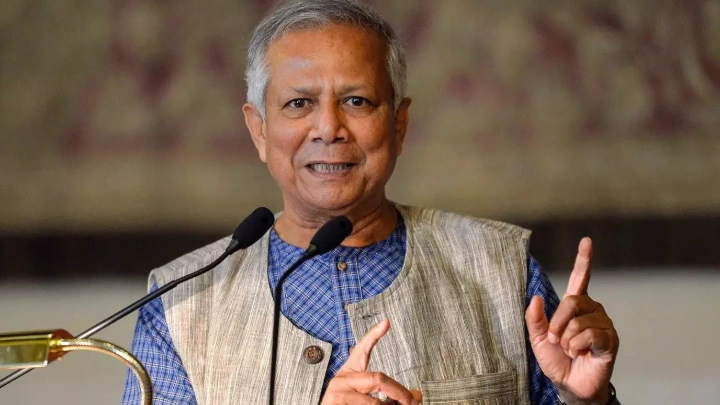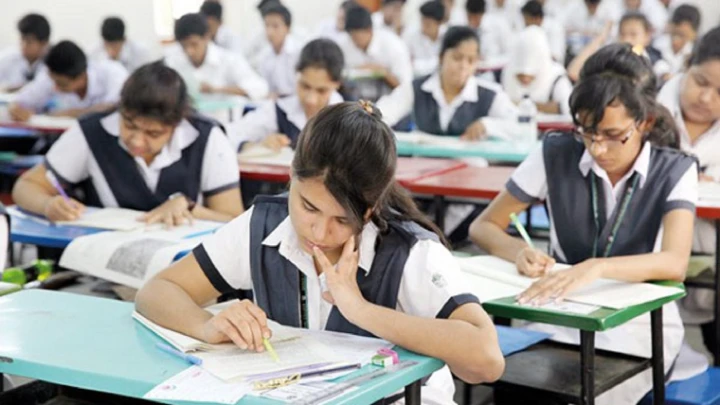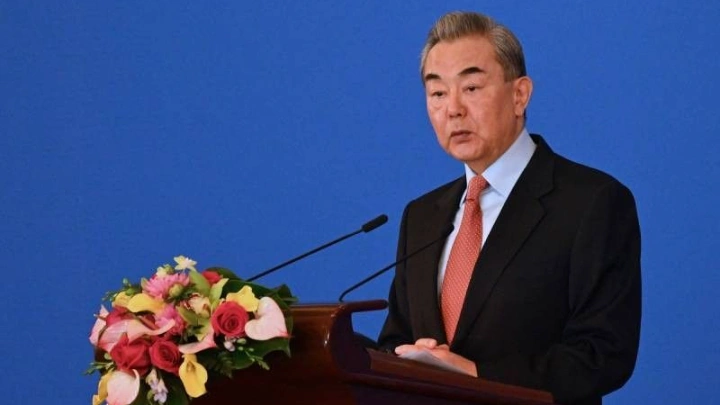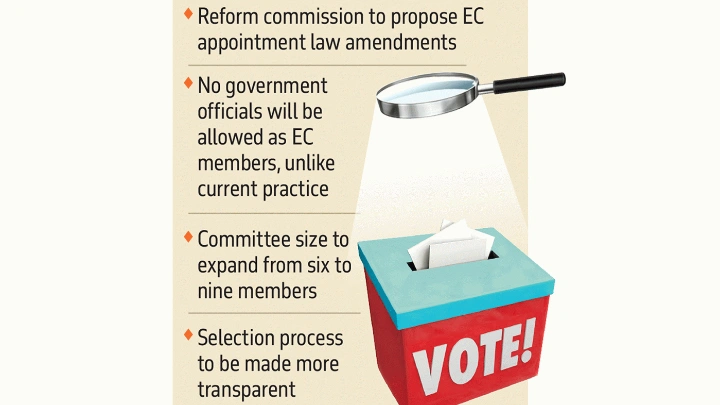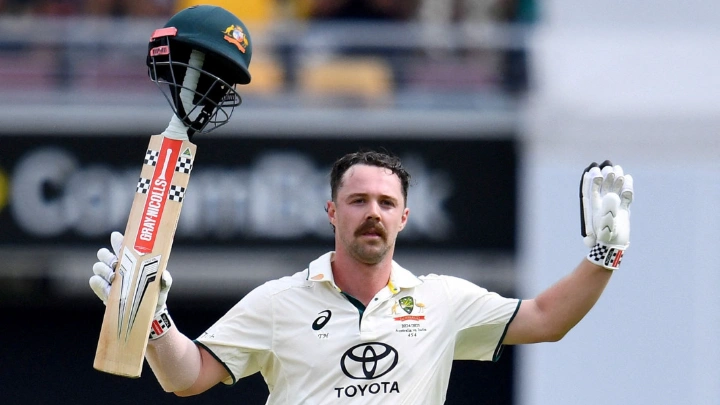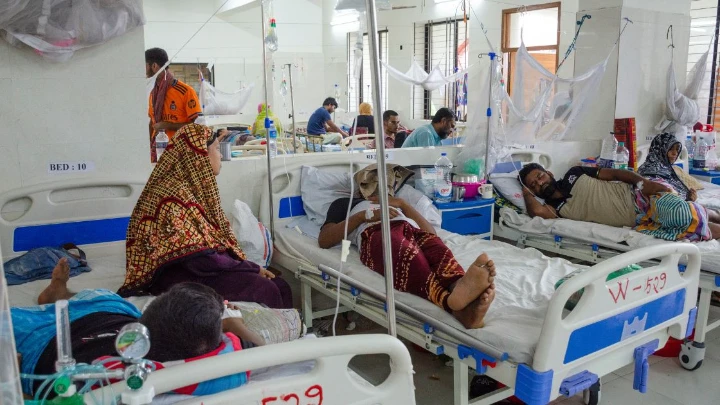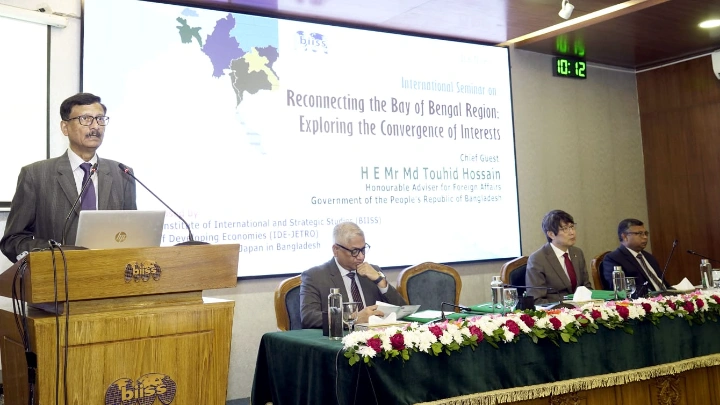Textbooks sees major changes, aims to provide students with practical learning
Shining BD Desk || Shining BD
The National Curriculum and Textbook Board (NCTB) is bringing major changes in the textbooks of new syllabus, aiming to offer practical learning experience to students.
Talking to the Daily Sun about the changes, NCTB member (curriculum) Md Moshiuzzaman said they are bringing about huge changes in new textbooks as the education ministry is going to modify students’ learning process to develop their practical skills.
“The books are being prepared based on the merit-based curriculum, which emphasise on practical education. We are starting this with the textbooks of class I, II and VII. Books of other classes will also be changed later,” he said.
According to NCTB sources, students of class I, VI and VII will get new textbooks in January.
Besides this, books of all classes from primary to higher secondary will be changed in the light of the new curriculum. Major changes are being brought in all areas, including content and format.
For instance, in the first chapter (let’s communicate with dignity) of the Bangla textbook of class VI some six pictures of six different situations are given. Being divided into small groups students have to act based on the communication takes place in these situations.
In one picture, the whole family is seen talking together after dinner. They are sharing what they have done throughout the day.
The book itself has a blank space for writing down the points that a student feels should be taken into account while communicating in this situation of the pictures maintaining their dignity.
This situation based chapter is presented to teach students about status (address) in language, use of pronouns and verbs according to status, forms of pronouns, forms of verbs, making sentences with pronouns and verbs, linguistic and non-linguistic communication, communication practice and how to communicate with someone instantly, said the NCTB member.
Bangla book of class VI is prepared in the light of the new curriculum. The book is divided into seven chapters with an aim of improving seven skills of the students, including communication, speaking in standard language, reading and understanding poems, stories, essays, plays etc.
Various subjects of Bangla will be taught with one book, which was taught with three books earlier. The three books are Anando Path (Quick Bangla Reading), Bangla Byekoron (Bangla Grammar) and Nirmiti (Construction) and Charupath (Prose and Poem).
This is not a lone case for Bangla book of class VI, books for students of class I and VII are also changing. Printing of the books is now going on. In light of the new curriculum, all students from class VI to X will be taught 10 identical books.
These are Bengali, English, Mathematics, Life and Livelihood, Science, Social Science, Digital Technology, Health Protection, Religious Education (according to each religion) and Arts and Culture.
Currently, 14 textbooks are taught at secondary level. Now some identical books are read till class VIII. And in class IX students get divided into different branches. In the new curriculum, there will be a change of branch in class XI.
The number of books is less in primary level. Eight subjects have been fixed for teaching from class I to V. These are Bangla, English, Mathematics, Science, Social Science, Religious Education, Health Protection and Art and Culture.
The NCTB is bringing major changes in terms of content as well as pictures and illustration complementing the new curriculum.
Professor Dr Tariq Manzoor of Dhaka University’s Bangla department is involved in writing and compiling new textbook. He said the new textbooks will discourage memorising lessons, rather more emphasis has been given on understanding contents.
“The contents of the textbooks are written in the light of practical experience so that the books seem much easier and enjoyable for the students. Through this, an attempt has been made to create a connection between the textbooks and the various issues and events that are constantly happening around,” he said.
In the new curriculum, emphasis is given on continuous assessment rather than traditional tests. A lot of blank spaces have been left in the new textbooks so that students can reflect their thoughts there. All their writings will be evaluated as part of continuous assessment.
Professor Dr Taposh Kumar Biswas of the Institute of Education and Research (IER) at Dhaka University said success of these experiments will depend on teachers and evaluation process but the initiative is appreciable.
“Memorising lessons can help students know how many parts a bicycle has. But students need to know how a bicycle can be run. Hopefully, the new syllabus will prefer on this,” he said.
Source: Daily Sun
Shining BD

